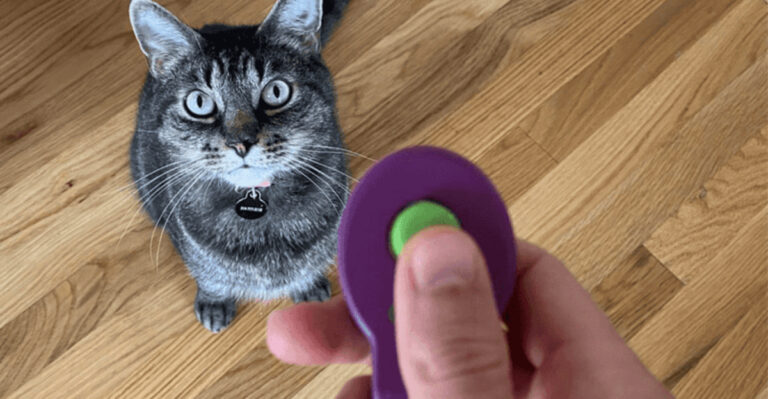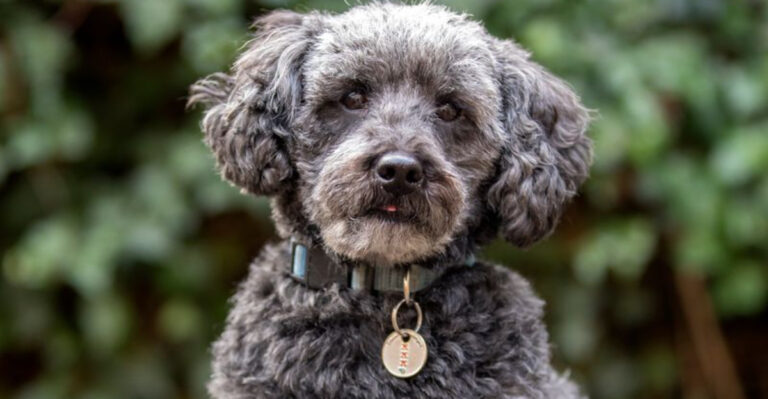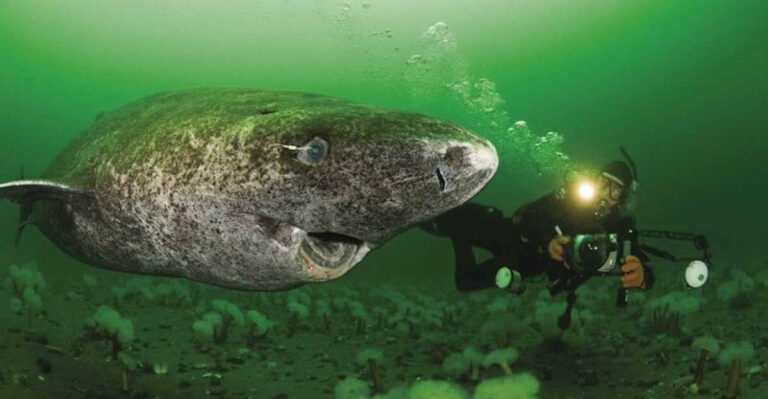10 Dog Breeds Most Frequently Returned To Shelters And Most Common Reasons Why
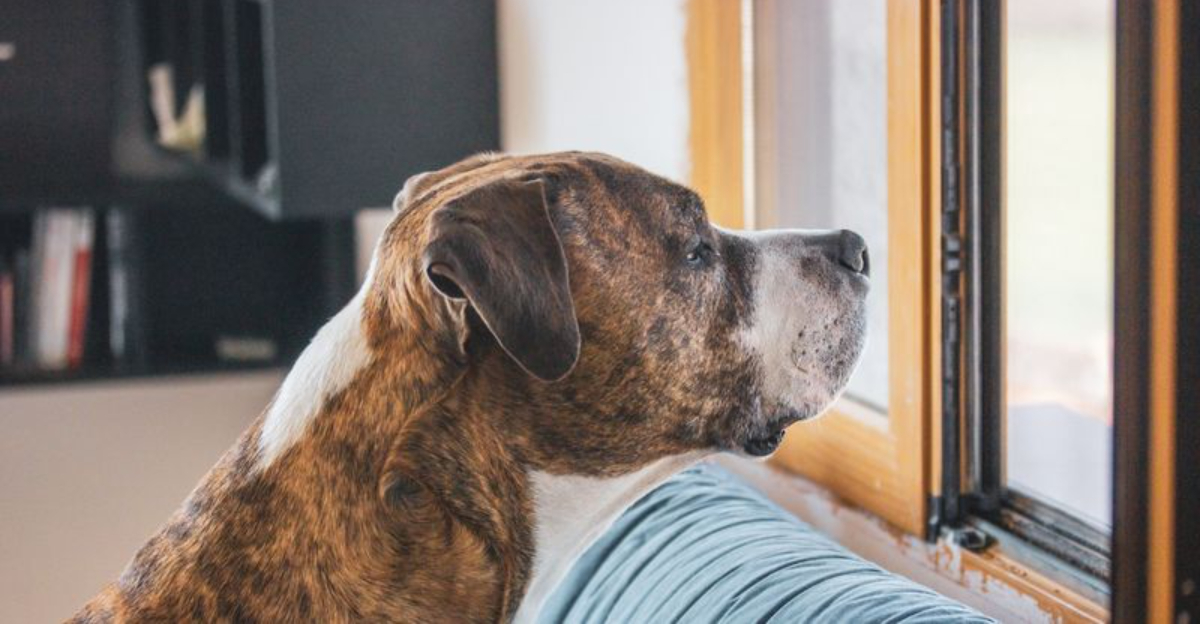
Bringing a dog into your home is a big commitment that sometimes doesn’t work out as planned. Each year, thousands of dogs are returned to shelters when the match between pet and owner proves unsuccessful.
Understanding which breeds are commonly returned and why can help potential adopters make more informed decisions. Here’s a look at dogs that frequently find themselves back in shelters and the challenges that lead to their return.
1. Pit Bull Terrier
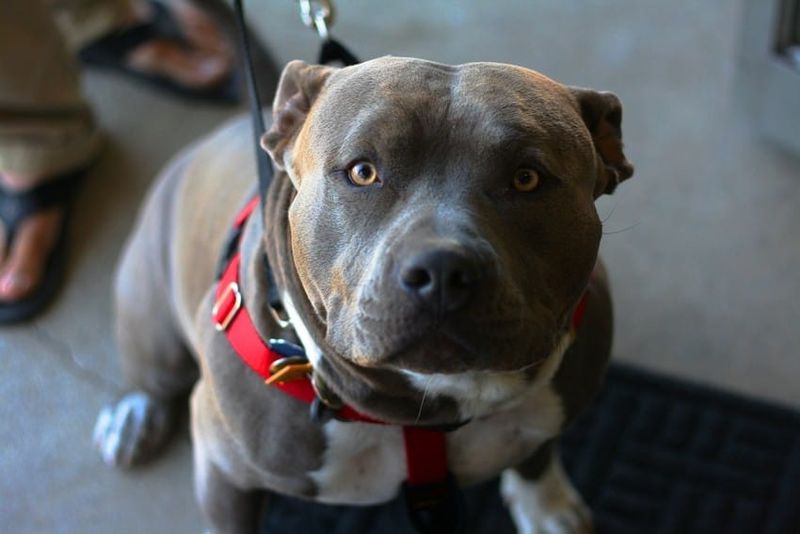
Despite their naturally affectionate disposition, Pit Bulls often face unfair judgment based on sensationalized media coverage. Many adopters panic when neighbors express concern or when they discover their homeowner’s insurance has breed restrictions.
Some families surrender these loyal companions after moving to areas with breed-specific legislation that bans or restricts Pit Bull ownership. This legal barrier forces heartbreaking separations even when the dog has shown no behavioral issues.
2. Labrador Retriever
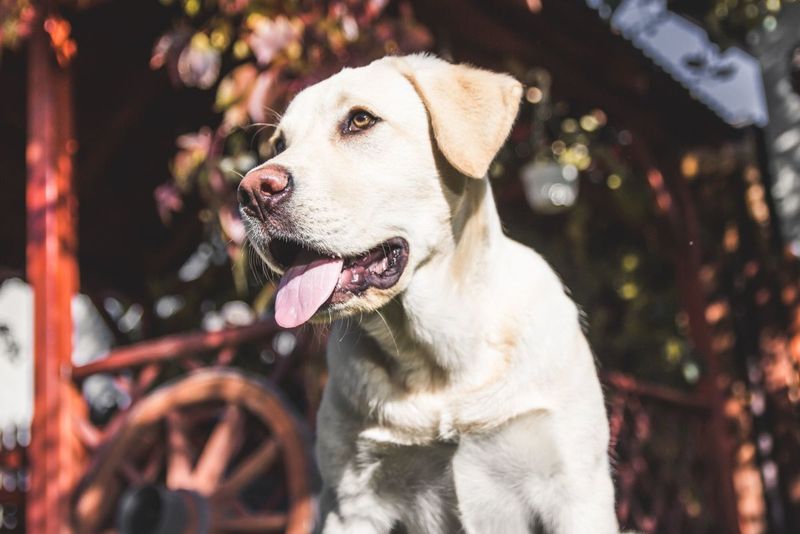
America’s favorite dog paradoxically fills shelters nationwide. Young Labs bounce off walls without proper exercise outlets, often chewing furniture or digging holes when their boundless energy isn’t channeled constructively.
Their popularity has led to careless breeding practices, resulting in unexpected health issues that financially overwhelm unprepared owners. What starts as an idyllic family pet dream can quickly become overwhelming for those expecting a naturally calm companion.
3. German Shepherd
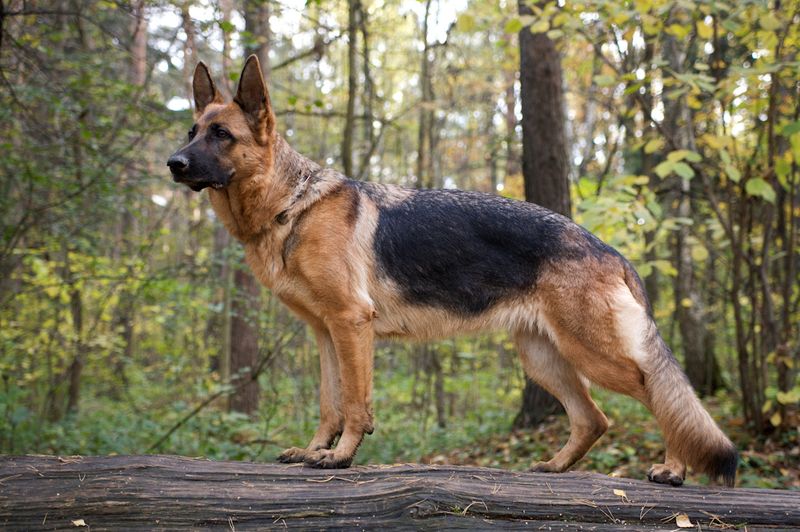
These brilliant working dogs can outsmart unprepared owners. Without mental challenges, German Shepherds grow restless and may develop problematic behaviors like excessive barking or destructive chewing as they seek stimulation.
Their natural guardian instinct sometimes manifests as suspicion toward visitors or delivery personnel. Families often surrender these dogs when their protective nature becomes challenging to manage, especially without early socialization experiences that teach appropriate responses.
4. Dachshund

Behind those adorable sausage bodies lies a determined hunting spirit that can frustrate novice dog owners. Dachshunds often have their own agenda, making training sessions feel like negotiations rather than instructions.
Their unique physique predisposes them to intervertebral disc disease, causing sudden paralysis that requires expensive surgery. Many heartbroken families surrender these dogs when faced with unexpected veterinary bills they simply cannot afford.
5. Boxer
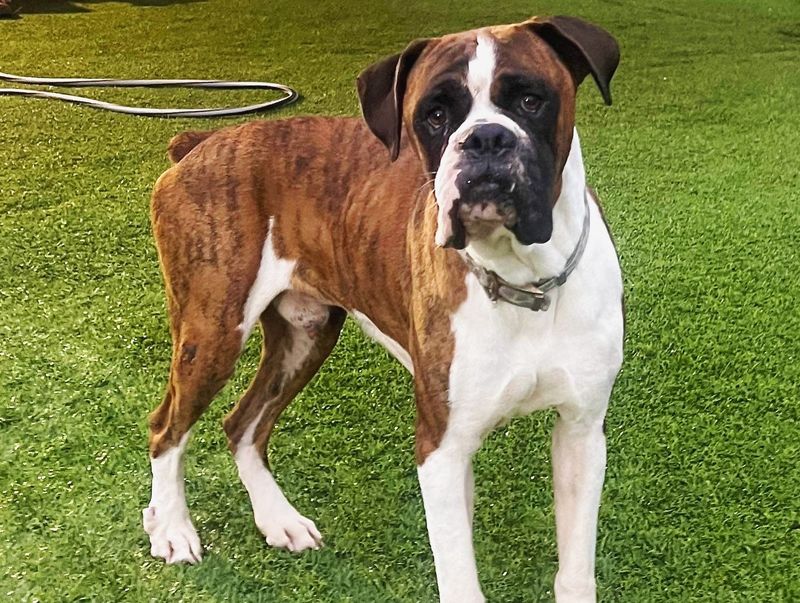
Boxers maintain puppy-like exuberance well into adulthood, knocking over furniture and children with their enthusiastic bouncing. Their playful body-checking and jumping can overwhelm families who expected a more sedate companion.
Health-conscious adopters often return these lovable goofballs when confronted with heart conditions, cancer, or hip dysplasia diagnoses. The emotional and financial toll of managing these genetic conditions becomes too much for some families to bear.
6. Chihuahua

These pocket-sized pups often develop “small dog syndrome” when owners treat them like accessories rather than dogs requiring proper training. Without boundaries, Chihuahuas may become territorial little tyrants, snapping at strangers or guarding their favorite person.
Their diminutive size makes them vulnerable to injuries from being stepped on or dropped. Families with young children frequently return these tiny dogs after close calls or when veterinary bills for broken bones become overwhelming.
7. Siberian Husky

Majestic and wolf-like, Huskies captivate with their striking appearance but exhaust owners with their relentless energy demands. Without daily runs or vigorous play, these working dogs transform homes into disaster zones, shredding cushions and excavating yards.
Masters of escape, Huskies can climb, dig under, or jump over standard fences with astonishing determination. Many are surrendered after repeated neighborhood wanderings trigger animal control citations or dangerous traffic encounters.
8. Dalmatian
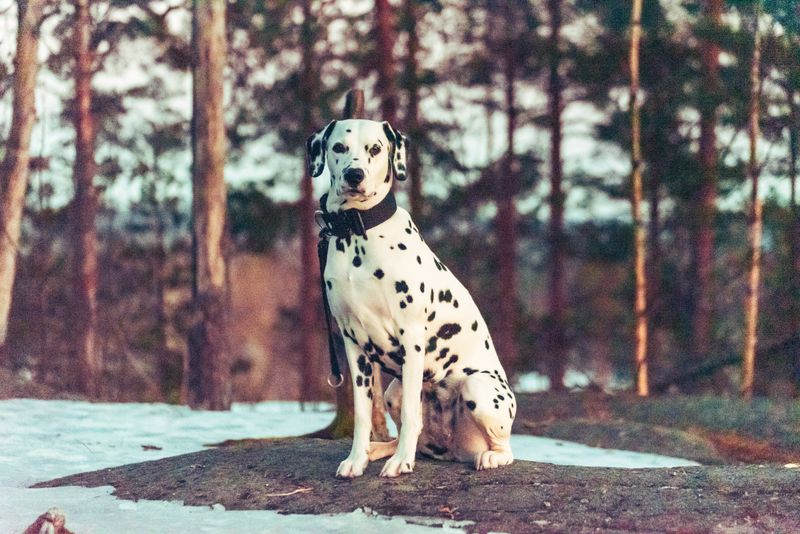
Disney’s 101 Dalmatians created unrealistic expectations for this high-maintenance breed. Without proper exercise regimens, these spotted athletes become destructive tornadoes, chewing through drywall and furniture when boredom strikes.
Health complications frequently surprise unprepared owners. Hearing impairments affect many Dalmatians, while painful urinary stones require specialized diets. These unexpected challenges lead many families to surrender their spotted companions when reality doesn’t match the movie magic.
9. Jack Russell Terrier

These compact powerhouses pack the energy of much larger dogs into a deceptively small package. Jack Russells require constant engagement – without it, they’ll create their own entertainment by dismantling your home or barking incessantly.
Their lightning-fast reflexes and determined hunting drive make them challenging in multi-pet households. Many are surrendered after chasing the family cat or neighborhood wildlife, as their prey instinct proves stronger than their training.
10. Beagle

Those adorable noses lead Beagles into constant trouble as they follow scent trails with single-minded determination. Many owners surrender these hounds after repeated escapes, neighborhood complaints, or dangerous traffic chases.
Their distinctive bay echoes through neighborhoods, triggering noise complaints from irritated neighbors. Apartment dwellers frequently return these vocal hunters when landlords issue warnings about their melodious howling sessions that no amount of training seems to quiet.


